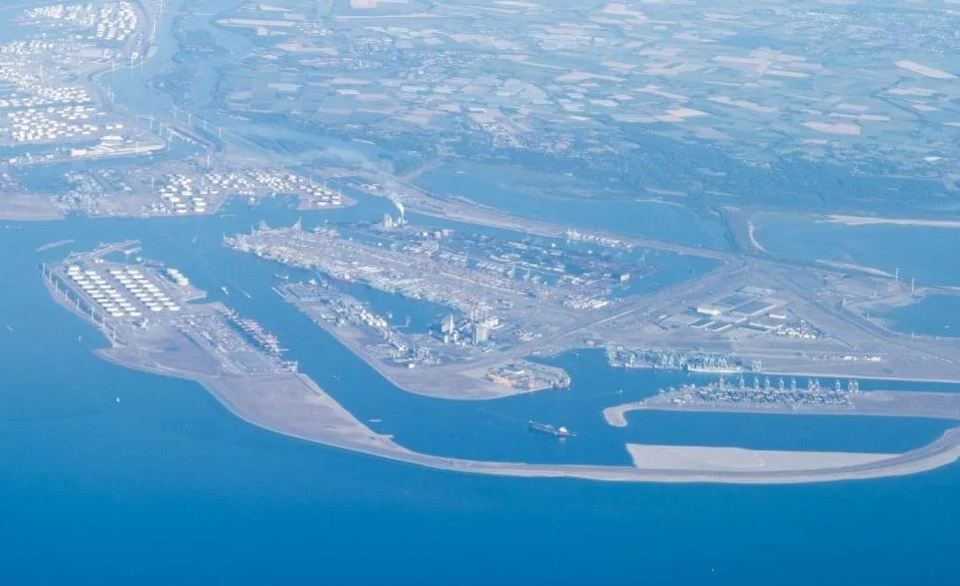The final investment decision by Air Liquide to proceed with its 200 MW ELYgator electrolyzer in Rotterdam signals a significant turning point for Europe’s industrial decarbonization efforts.
Backed by more than €500 million in capital and public funding, the project is expected to produce 23,000 tonnes of renewable hydrogen per year, directly supporting heavy industry and mobility sectors while targeting up to 300,000 tonnes of annual CO₂ emission reductions.
The announcement follows a confluence of public funding mechanisms that appear to have unlocked what would otherwise be a capital-intensive and financially uncertain initiative. The Dutch government’s OWE (Operational Subsidy for Renewable Energy) program, combined with the EU’s Innovation Fund and IPCEI (Important Projects of Common European Interest) hydrogen framework, provided the financial tailwinds Air Liquide needed to greenlight the project.
The ELYgator is not just notable for its size—it is the first electrolyzer of this scale in Europe to combine both Proton Exchange Membrane (PEM) and Alkaline electrolysis technologies on a single site. While dual-technology integration promises flexibility in hydrogen output and cost optimization, it also introduces new challenges around system harmonization, power load management, and O&M complexity.
Strategically located at Maasvlakte in the Port of Rotterdam—a key hub for hydrogen imports and energy-intensive industries—the project is designed to supply decarbonized hydrogen to TotalEnergies’ industrial platform under a long-term offtake agreement. The deal signals growing alignment between major industrial players in securing low-carbon inputs as EU emissions targets tighten ahead of 2030.
Yet, questions remain over scalability and market readiness. While 200 MW is a sizable installation by today’s standards, it represents only a fraction of the multi-gigawatt electrolysis capacity the EU will need to meet its REPowerEU targets. Moreover, hydrogen offtake remains heavily reliant on anchor clients and subsidies, raising long-term concerns about the development of a truly competitive green hydrogen market.
Stay updated on the latest in energy! Follow us on LinkedIn, Facebook, and X for real-time news and insights. Don’t miss out on exclusive interviews and webinars—subscribe to our YouTube channel today! Join our community and be part of the conversation shaping the future of energy.
